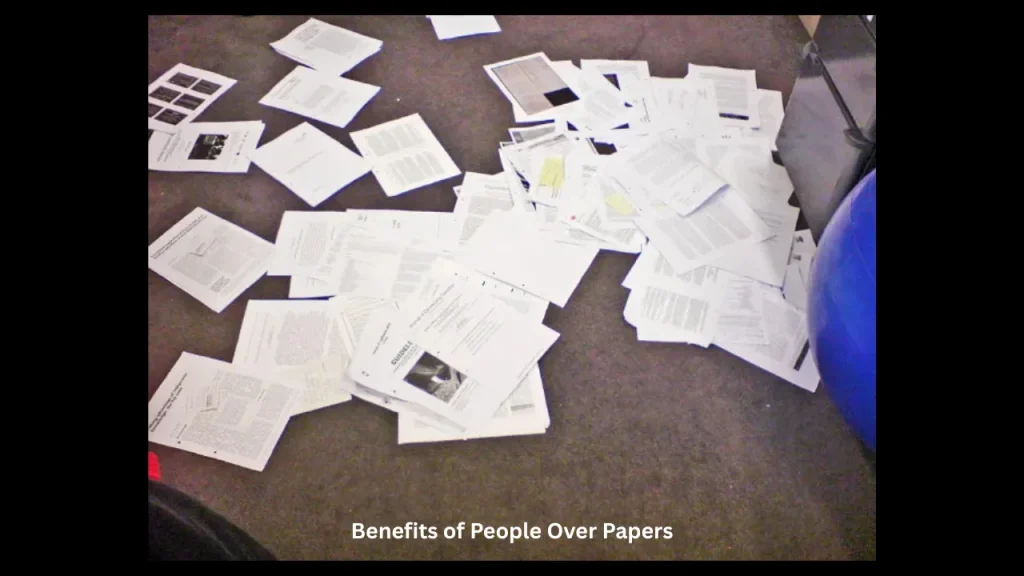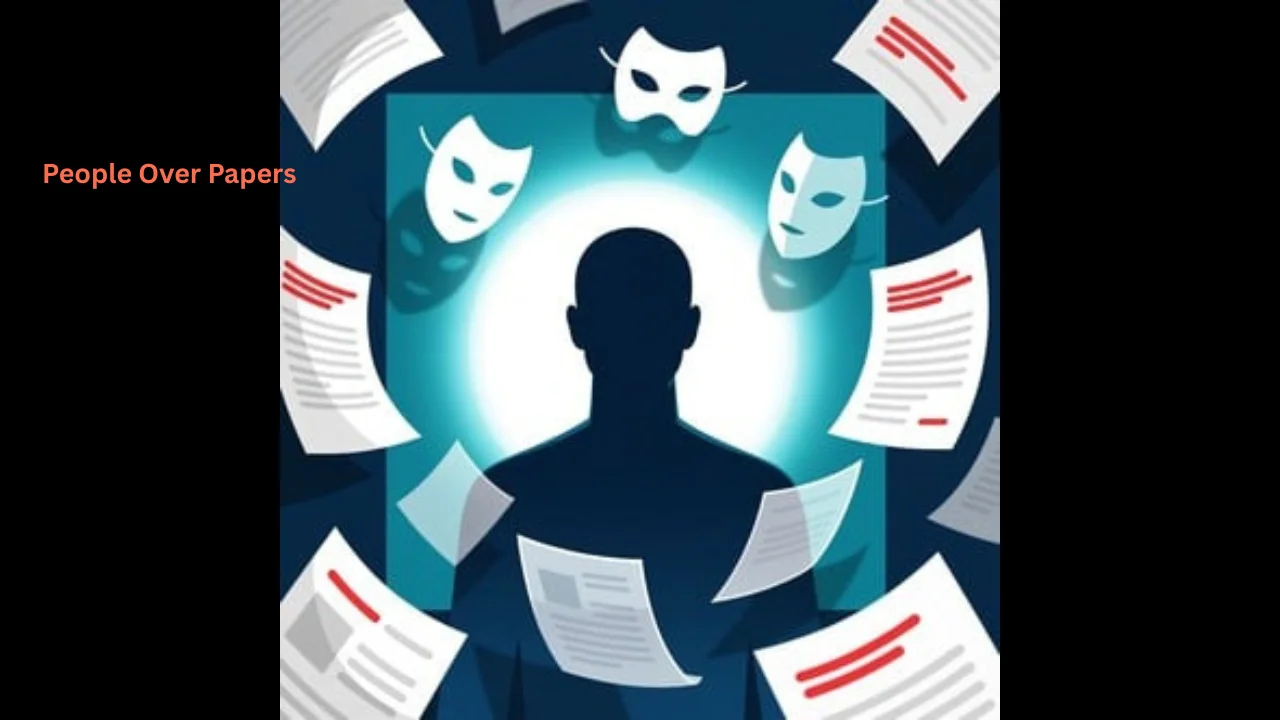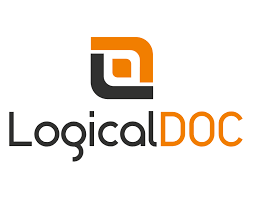In today’s fast-paced world, organizations often struggle between efficiency and humanity. Rules, regulations, and documentation dominate many industries, sometimes overshadowing the human element that gives them meaning. This is where the philosophy of people over papers comes in. The idea challenges systems that prioritize bureaucracy and documents over the dignity, well-being, and growth of individuals. At its heart, it is about ensuring that human values, empathy, and relationships remain central to decision-making.
What Does “People Over Papers” Mean?
The phrase people over papers emphasizes the importance of valuing human lives and needs above rigid processes or endless documentation. While paperwork ensures structure and accountability, it should not become the ultimate goal. Instead, organizations and institutions should aim to create environments where paperwork supports, not overshadows, the people they serve.
ALSO READ: Ballerina Cappuccina Meaning, Lifestyle, And Modern Aesthetic
This principle resonates across multiple fields—from healthcare to education, from workplaces to government institutions. It’s about creating balance, where efficiency through systems still leaves room for compassion and respect.
Origins of the Idea
The philosophy of people over papers is not entirely new. It evolved as a response to bureaucratic systems that became too rigid and mechanical. For centuries, governments and organizations relied heavily on record-keeping to ensure order. However, as systems expanded, people started to feel like numbers in a file rather than individuals with unique stories.
Movements in education, healthcare, and workplace culture highlighted the need to restore humanity to institutions. Thinkers and leaders began to argue that paperwork is only a tool, not the purpose. This cultural shift laid the foundation for the widespread adoption of this principle.
ALSO READ: Murray Hone Biography A Private Life Once in the Public Eye
Importance in Healthcare
One of the clearest examples of people over papers can be seen in healthcare. Doctors and nurses often face immense pressure to complete documentation for compliance and insurance purposes. While these papers are important, they can take valuable time away from patient care.
When healthcare institutions prioritize people, patients receive more attention, empathy, and personalized care. The emotional bond between patient and provider strengthens, leading to better outcomes. A smile, reassurance, or extra minute of care often means more than another completed form. This approach also reduces burnout among professionals, as it reconnects them with the real purpose of their work.
Impact in Education
In education, paperwork is a constant presence—from grading sheets to administrative records. Teachers often feel burdened by compliance requirements that leave little time for genuine teaching. The philosophy of people over papers suggests that the classroom should focus more on students than on reports.
When educators prioritize students’ creativity, emotional well-being, and learning experiences, education becomes more meaningful. While grades and documents matter, they should never define the entire journey of a learner. A student’s curiosity, growth mindset, and confidence matter far more than a single number on a page.
Workplace Applications
Modern workplaces thrive when they adopt the people over papers mindset. Too often, corporate systems drown employees in forms, reports, and policies. While these documents are meant to ensure efficiency, they can also stifle creativity and morale.
By putting people first, organizations can foster collaboration, innovation, and satisfaction. For example, instead of focusing solely on performance metrics, leaders can look at employees’ career development, mental health, and sense of belonging. Paperwork may record achievements, but it cannot measure passion, dedication, or loyalty.
Government and Public Services
Bureaucracy is often associated with endless paperwork. Citizens trying to access services may feel overwhelmed by forms, regulations, and requirements. The philosophy of people over papers argues for a more human-centered approach to governance.
Governments should design systems that make life easier for citizens, not harder. Streamlining processes, reducing unnecessary steps, and adopting digital platforms can ensure efficiency without dehumanization. When people feel respected and supported, trust in institutions grows.
Benefits of People Over Papers

Human-Centered Growth
Focusing on people fosters compassion and fairness. It allows institutions to adapt to unique human needs rather than forcing everyone into rigid categories.
Improved Outcomes
Whether in healthcare, education, or workplaces, prioritizing people often leads to better results. Health improves, students perform better, and employees stay motivated.
Stronger Relationships
Trust grows when individuals feel valued beyond paperwork. Relationships between workers and employers, teachers and students, or doctors and patients strengthen.
Efficiency with Balance
Ironically, focusing on people often leads to greater efficiency. When unnecessary paperwork is reduced, individuals can dedicate more energy to meaningful tasks.
Challenges in Implementation
While the idea is powerful, applying people over papers is not always simple. Institutions rely on documentation for accountability, legal reasons, and tracking progress. Eliminating papers entirely is neither practical nor advisable.
The challenge lies in finding balance. Leaders must carefully analyze which documents truly add value and which ones burden the system. This requires vision, courage, and sometimes cultural change within organizations.
Technology’s Role in Supporting the Idea
Technology can play a significant role in promoting the people over papers philosophy. Digital solutions reduce the need for endless physical documents. For example:
- Electronic health records simplify access for doctors while reducing time spent on forms.
- Online education platforms store grades and attendance automatically, freeing teachers to focus on teaching.
- Workplace apps handle scheduling, payroll, and reporting, letting employees focus on creativity and innovation.
By integrating technology smartly, organizations can shift energy from administration to people.
Case Studies
Healthcare Example
A hospital introduced speech-recognition software for documentation. Instead of spending hours typing, doctors could record notes directly. This allowed them to spend more time talking with patients, embodying the spirit of people over papers.
Education Example
A school district implemented digital grading and attendance tools. Teachers reported having more time to design creative lessons and mentor students individually. The reduction of manual paperwork made education more personal and impactful.
Workplace Example
A company replaced weekly reports with an automated dashboard. Employees no longer wasted hours preparing documents. Instead, they used the saved time to brainstorm new ideas and engage in skill development.
How to Adopt “People Over Papers” in Daily Life
In Organizations
- Review paperwork regularly and eliminate unnecessary forms.
- Use technology to streamline documentation.
- Encourage a culture where people feel valued over compliance.
For Leaders
- Listen to employees, students, or patients more than focusing on reports.
- Reward empathy and collaboration, not just numbers.
- Balance legal or compliance needs with humanity.
For Individuals
- Focus on relationships over records.
- Advocate for systems that simplify life.
- Remember that documents are tools, not definitions of worth.
The Ethical Dimension
At its core, people over papers is an ethical principle. It recognizes the dignity of every person. Documents can capture data but never the complexity of human experience. By prioritizing people, organizations send a powerful message: humanity matters more than bureaucracy.
This principle also aligns with universal values like justice, fairness, and compassion. It pushes us to ask: are our systems serving people, or are people serving systems?
Future Outlook
The future will likely see a stronger shift toward people over papers. Automation, artificial intelligence, and digital systems will reduce paperwork further. Yet, technology alone is not enough. Human values must remain central.
As society grows more complex, the temptation to rely on data and papers will increase. The real challenge will be ensuring that empathy and humanity remain at the core of every decision. If organizations succeed, the future will be more balanced, fair, and people-centered.
Frequently Asked Questions
What does “people over papers” mean?
“People over papers” means prioritizing human needs, relationships, and dignity over excessive bureaucracy or documentation. It encourages systems where paperwork supports people instead of controlling them.
Why is the philosophy of “people over papers” important in healthcare and education?
In healthcare, it ensures patients receive personalized care instead of rushed treatment due to paperwork demands. In education, it allows teachers to focus more on student growth and creativity rather than administrative tasks.
How can organizations adopt the “people over papers” approach?
Organizations can adopt this approach by reducing unnecessary paperwork, using technology for efficiency, and creating policies that value empathy, fairness, and human interaction above rigid compliance.
Conclusion
The philosophy of people over papers is more than a catchy phrase—it is a guiding principle for creating compassionate, efficient, and meaningful systems. Whether in healthcare, education, workplaces, or government, this idea reminds us that documents are only tools. What truly matters is the dignity, growth, and well-being of the people behind those papers.
By adopting this principle, institutions can create environments where paperwork supports humanity instead of suppressing it. In the end, the legacy of any system lies not in the files it stores but in the lives it touches.




